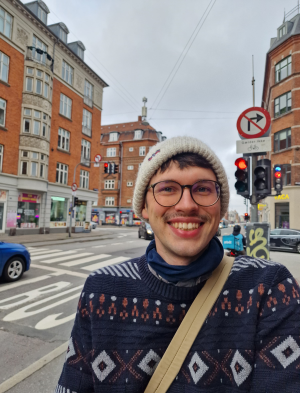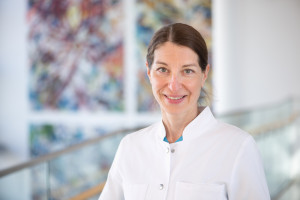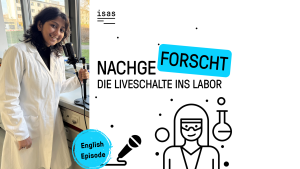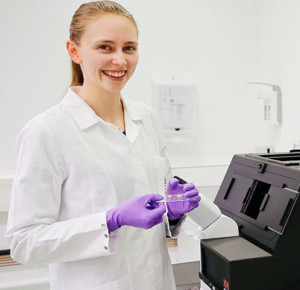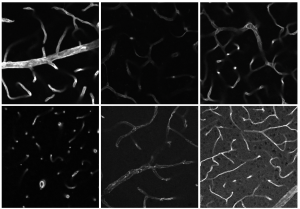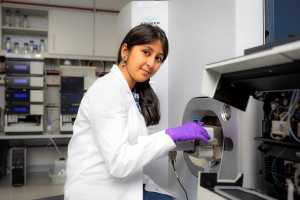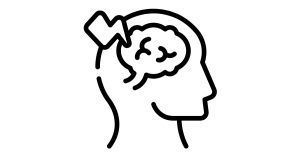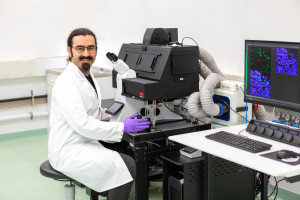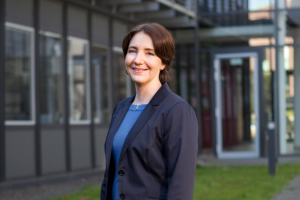Dortmund, 25th October 2024
The exchange of ideas, data and methods across disciplines and national borders is crucial for scientific progress. At ISAS, employees from all over the world therefore collaborate on interdisciplinary research. Not only do the diverse perspectives and experiences of the employees enable innovative research approaches, they also form the foundation for all kinds of internal cooperation as well as external, national and global partnerships.
Former researchers remain an integral part of the ISAS network. Whether they are now working in industry, at universities or in other research institutions - through ongoing exchange and close collaboration with the Institute, they contribute to the transfer of scientific findings from ISAS to their own fields. These networks are often the starting signal for new cooperations. In the coming weeks and months, former and current employees will report here on ISAS Kompakt on how their work at the institute and the experiences they gained in Dortmund have shaped their future careers or why their path led them to ISAS.
First up is Dr Saskia Venne. She completed her doctorate at ISAS from 2012 to 2016 and is now Team Leader Scientific Monitoring Bioanalysis in the Development NCE (New Chemical Entity) department at Boehringer Ingelheim Pharma. She told the editorial team the reasons for her decision to do her doctorate at ISAS and why researchers in industry benefit from experience at non-university research institutions.
Why did you make the decision in 2012 to pursue your PhD at ISAS?
Venne: It was important to me to gain experience outside of university, because I was looking for more international and cross-functional cooperation, for instance with hospitals or other non-university institutions. The Leibniz Network seemed to me to be a good starting point and ISAS offered a very impressive portfolio of state-of-the-art technologies.
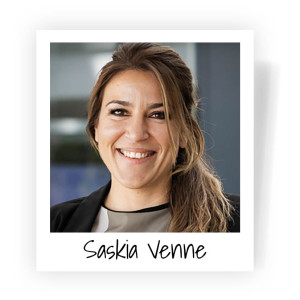
© Boehringer Ingelheim Pharma
What did your research focus on during your time at ISAS?
Venne: The title of my PhD was “Characterisation of the Interaction of Post-translational Modification by means of Mass Spectrometry-based Proteome Research”. You can envisage this as the cell attempting to use post-translational modifications to react to external influences or disease to maintain homeostasis. By throwing light on these modulations, the hope is to obtain a better understanding of these processes and, ideally, also new approaches for treatment. So I established a method with which it was possible to determine three specific post-translational modifications in proteins. We then deployed these in various cooperation projects.
Did you benefit personally in any way from your time at the Institute?
Venne: Yes, of course, doing independent scientific work and independently driving forward a project. This means maintaining a high level of self-motivation over a long period of time, not being disheartened by failed attempts and trying again with a different approach. And lastly, I learnt that a well-maintained network is always a benefit and can open up many new opportunities.
Was the experience you gained from ISAS cooperation arrangements with hospitals useful for your ongoing professional career?
Venne: It was a great opportunity to learn how to interact with cooperation partners in a professional manner and to develop a sense for the ways in which the interests, approaches and issues may vary between different partners. Understanding other people’s position and striving to ultimately achieve a good result for all involved is a valuable characteristic for all later positions, especially for leadership positions.
Would you advise young researchers to become acquainted with scientific work at a non-university research institution before switching to industrial research?
Venne: Yes, definitely. Firstly, doctoral or postdoctoral positions are still few and far between in the industrial sector. Secondly, the scientific supervision and the environment at a non-university research institution are significantly more intense. It is worthwhile to gain initial experience here with other doctoral candidates and a PhD supervisor, and in a scientific environment, to work out where you as an individual want to go, what you like and to hone your own scientific expertise. In the industrial sector, you are often hired as an expert for a specific area and afterwards there may be very little help or opportunities for discussion - a solidly based scientific profile and a good network are extremely helpful in this respect.
